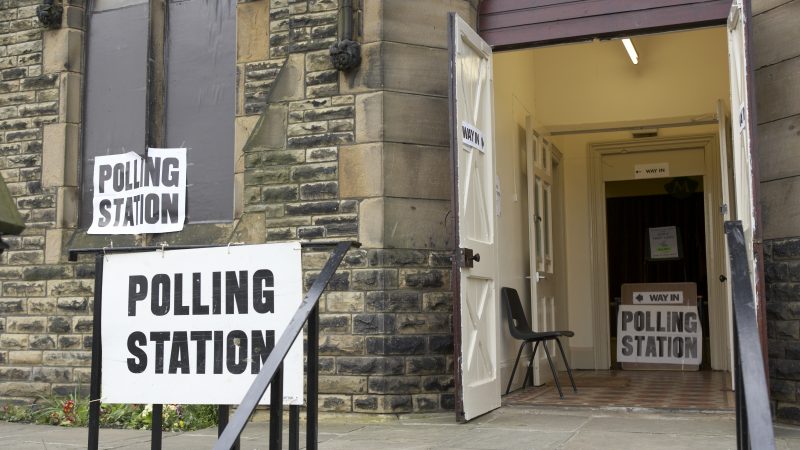
Keir Starmer is out and about in Scunthorpe today in his latest excursion in the run-up to the local elections in May. Speaking ahead of a meeting with charities supporting victims of violence against women and girls, the Labour leader condemned the state of the criminal justice system under the Tories as a “stain on our country”. The party has new analysis out today, which found that the number of rape survivors dropping their case has more than doubled since 2015 – from 19.7% to 41.6% last year. In comments overnight, Starmer reiterated Labour’s pledge to establish specialist rape courts to fast-track cases through the system, saying the party would put survivors “back at the heart of the system” and “stop victims going through the harrowing experience of waiting months, sometimes years, for justice”.
Labour has also been digging into the government’s record on sewage – presumably noting, much like the Lib Dems, the electoral value of highlighting Tory failure in this area ahead of the May polls. According to Labour’s analysis of Environment Agency data, 40,874 days’ worth of raw sewage were dumped into coastal constituencies last year. The party calculated that raw sewage was discharged into coastal constituencies in England and Wales for 980,999 hours in 2022, in a total of 141,777 sewage dumping events – equivalent to one every three minutes and 45 seconds. Jim McMahon declared that the Conservatives have allowed communities across Britain to be treated as an “open sewer” and accused the party of having “no respect for places where people live, work and holiday”. The Shadow Environment Secretary last week introduced a bill to parliament, which, if passed, would set a legal requirement for the monitoring of all sewage outlets, introduce automatic fines for sewage dumping and mandate the Environment Secretary to publish a strategy for the reduction of discharges.
And a Labour attack briefing wasn’t even necessary to demonstrate the Tories’ ongoing failure in another area that may influence how some vote in the upcoming elections: social care. Almost four years on from Boris Johnson’s pledge to “fix the crisis in social care once and for all”, the government has faced outcry over its decision to halve funding for the social care workforce – a move shadow social care minister Liz Kendall described as a “total betrayal of older and disabled people”. In a joint letter on Wednesday, TUC general secretary Paul Nowak and the general secretaries of UNISON, GMB and Unite, Christina McAnea, Gary Smith and Sharon Graham – the leaders of the largest unions representing social care staff – demanded an urgent meeting with the government to discuss the “workforce crisis” in the sector. The union leaders warned that, without improvement in pay and conditions, “vacancy rates will continue to skyrocket, leaving millions without the care and support they urgently need”. Similar concerns have been raised by Andrew Dilnot, who has advised successive Conservative-led governments on reforming social care. Dilnot said in January: “We’re not looking after either the people who need the care or the people who are delivering it properly – and we should be ashamed of ourselves.”
Politicians aren’t the only ones ramping up preparations for the local elections. The LabourList team will be on the road over the coming weeks visiting key councils and gauging how local activists are feeling ahead of the May polls. Got any suggestions for interesting contests we should cover? Do get in touch with us via email or Twitter with any ideas. We’re also keen to see any campaign leaflets or other materials that local parties are sharing with voters, so do send anything being used in your local area through to us. A happy long weekend to all our readers – we’ll be back in your inboxes on Tuesday morning!
Sign up to LabourList’s morning email for everything Labour, every weekday morning.



More from LabourList
‘Council Tax shouldn’t punish those who have the least or those we owe the most’
Two-thirds of Labour members say government has made too many policy U-turns, poll reveals
‘Two states, one future: five steps on the path to peace for Israelis and Palestinians’